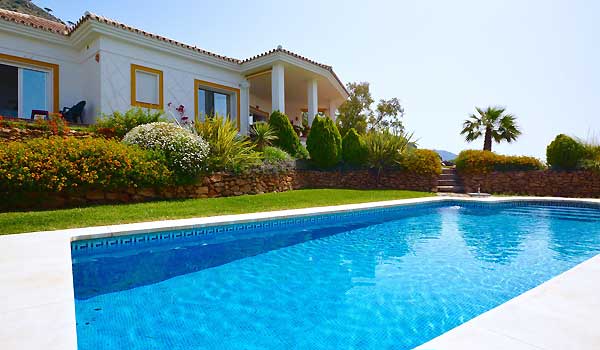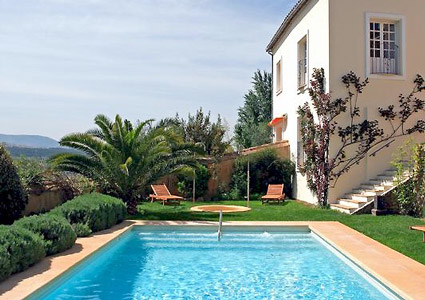If you are thinking of installing a swimming pool at home, there are a lot…
Facts About Chlorine Pool Maintenance
If you have a pool, you’ll undoubtedly be familiar with the chemical chlorine. It is a very common compound used for sanitation of water systems. Used by water treatment plants to clear and sanitize contaminated water and industrial waste water, it plays a vital role in our society. Aside from being commonly added into pools to keep the water sanitized and free from microbes, it is also used as a bleaching agent and plays a major role in the chemical industry as it has many uses.
Prior to its use as a disinfectant and sanitary additive to pool water, chlorine was used to make water potable. Chlorine is added to water during treatment before the water itself is routed to our pipelines and into our sink. While chlorine is an excellent disinfectant, excessive amounts of chlorine in water can result in a milky-white or cloudy substance, which are actually undissolved chlorine particles. Aside from its use as a water purification agent, chlorine is also used largely in detergents and disinfectants. Of course, there’s chlorine pool maintenance too. The addition of chlorine to a swimming pool actually serves two purposes: It sterilizes the water and kills any microbes or bacteria which can cause sickness when it comes into contact with skin or is ingested; at the same time, it cleans the bathers and prevents the production of algae which sullies the pool.
Although chlorine pool maintenance provides top-of-the-line sanitary effects of pools, the use of chlorine itself must be controlled. Chlorine can irritate the eyes and skin in high dosages, and it can also impart a very unpleasant smell to the pool. Newer, state-of-the-art chlorine pool maintenance systems now have automated sensors which increase or decrease the Ph level and level of chlorine in a pool according to its needs. Lucky for us chlorine pool maintenance is now automated, because decades ago pool chlorination was done manually day in and day out. Chlorine is also a known oxidant which can weaken pool foundations or stain tiles in time, especially when it reacts with other compounds in its unstabilized form. Chemical additives to combat this reaction are now widely available and integrated into the whole of the chlorine pool maintenance procedure.
Although it is very pricey for some, many pool owners are now switching to automated chlorine pool maintenance systems for the sheer ease it provides. One of the most common chlorine pool maintenance automated systems today are saltwater pool systems which make use salt as an agent to produce chlorine. Newer and better pool maintenance systems are continuously being developed in the hopes of one day making a perfect self-maintaining pool cleaning system.


